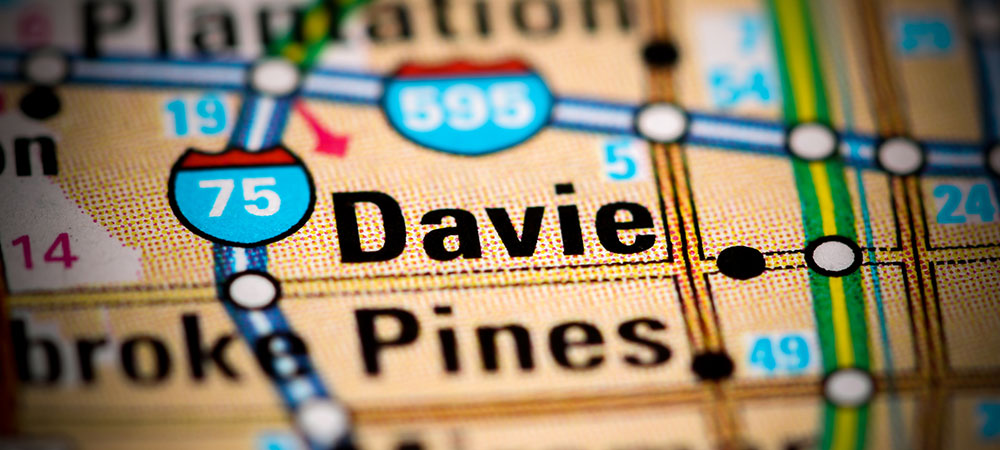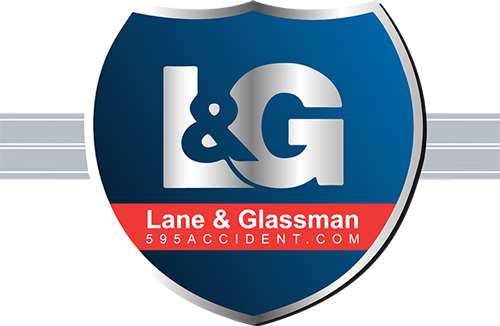
You are required to follow all of the Florida local and state traffic laws whenever you drive. If you violate the traffic laws, you could be cited and suffer other types of repercussions. One traffic law that some people violate is the requirement to come to a full stop at stop signs. If you fail to follow this law, you could receive a ticket and also place others at risk of being injured in a Florida car accident. Here is some information about your obligations and a Florida stop sign accident from the attorneys at Lane & Glassman.
Under § 316.123, Fla. Stat. (2021), you must come to a full stop when you approach a stop sign at an intersection at the marked crosswalk or stop line. If you fail to stop or do not completely stop, you will be considered to have run the stop sign. If the intersection is not marked by a stop line or crosswalk, you must stop your vehicle before the intersection.
Stop signs at four-way intersections require motorists to yield the right of way. The right of way rotates clockwise, and the first person to reach the four-way stop has the right to go first. If you fail to yield at a four-way stop, you can also be cited for a stop sign violation.
Drivers run stop signs for many reasons, including the following:
If you run a stop sign and don’t cause an accident, you can be ticketed and have to pay a fine ranging from $70 to $200. However, if you ran a stop sign in a construction or school zone, the fines can be significantly higher. You can also have three or more points added to your license, which can cause your insurance rates to go up. If too many points are assessed against your license within a short time, the state could suspend your license.
If you cause an accident when you run a stop sign, you could also face other consequences. An injured motorist could file a claim with your insurance company and pursue compensation for medical bills, wage losses, non-economic losses, and punitive damages. If someone died because you ran a stop sign, you might also face other legal consequences.
Florida follows a pure comparative fault rule. This means that if you shared any portion of the fault, any damages you might receive will be reduced by your percentage. This could mean that you could be found to be partially at fault even if the other driver ran a stop sign. Your attorney and the insurance company will investigate what happened to make a fault determination. If your case is filed in court, it will go through the discovery process, and you and the other party will share evidence.
Some of the types of evidence that might be used to determine fault include the following:
If you were injured in a car accident caused by a motorist who ran a stop sign, you should still retain an experienced attorney to help you with your case. While you might think that the claim process will be straightforward since the other driver was at fault, insurance companies typically engage in a number of tactics to try to avoid paying claims.
Trying to deal with an insurance company on your own can place you at a disadvantage. Insurance companies have teams of defense lawyers that vigorously defend against injury claims. An insurance company might also try to argue that you shared fault to try to reduce how much it might have to pay you. In many cases, insurance companies send unreasonably low settlement offers to accident victims.
An attorney at Lane & Glassman can help you navigate the complexities of your claim and handle the communications with the insurance company for you. When you retain a lawyer from our firm, you can receive a proper valuation of your claim so that you understand what a fair settlement should look like. An attorney can also help you to avoid making critical mistakes that could harm your claim.
If you were injured in a Florida stop sign car accident, you should contact Lane & Glassman as soon as possible. We offer free consultations and have years of experience helping accident victims recover fair compensation. Call us today at 954.874.3631 for a free case evaluation.
